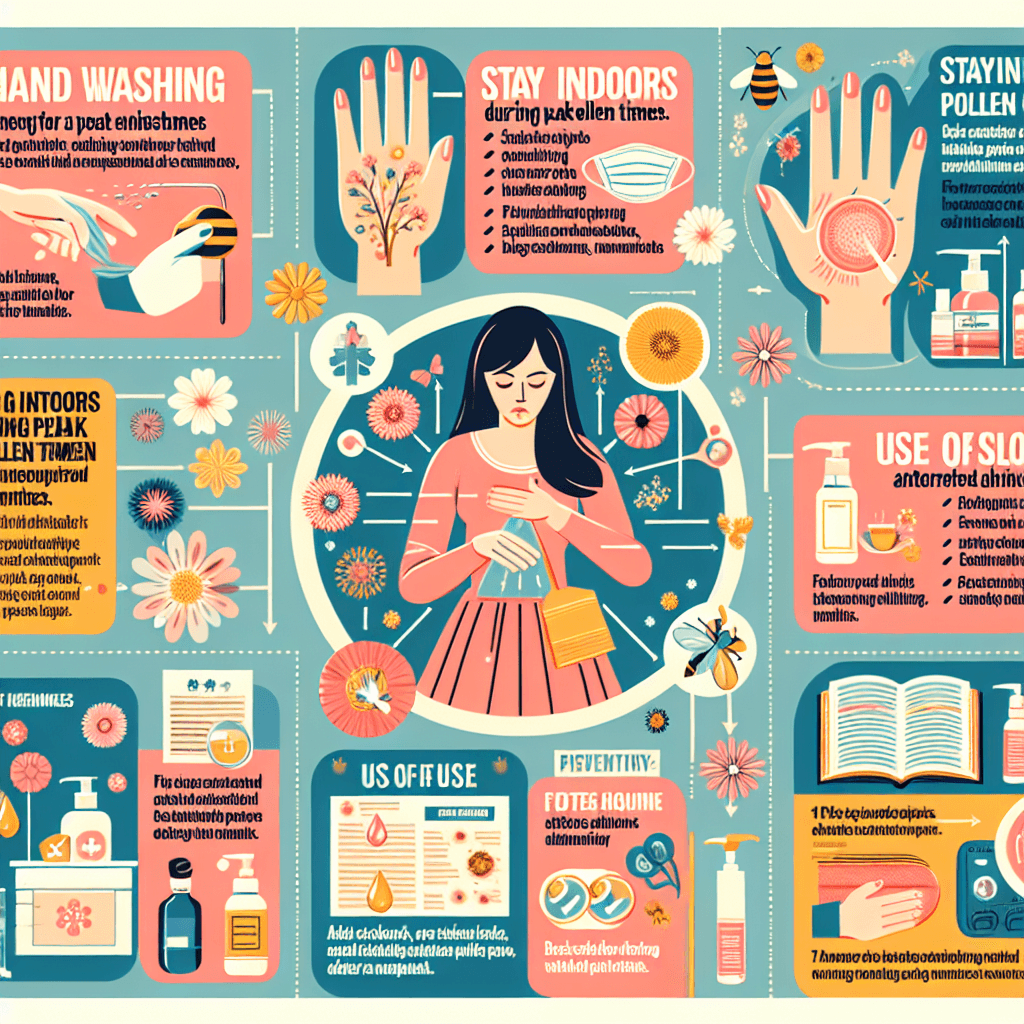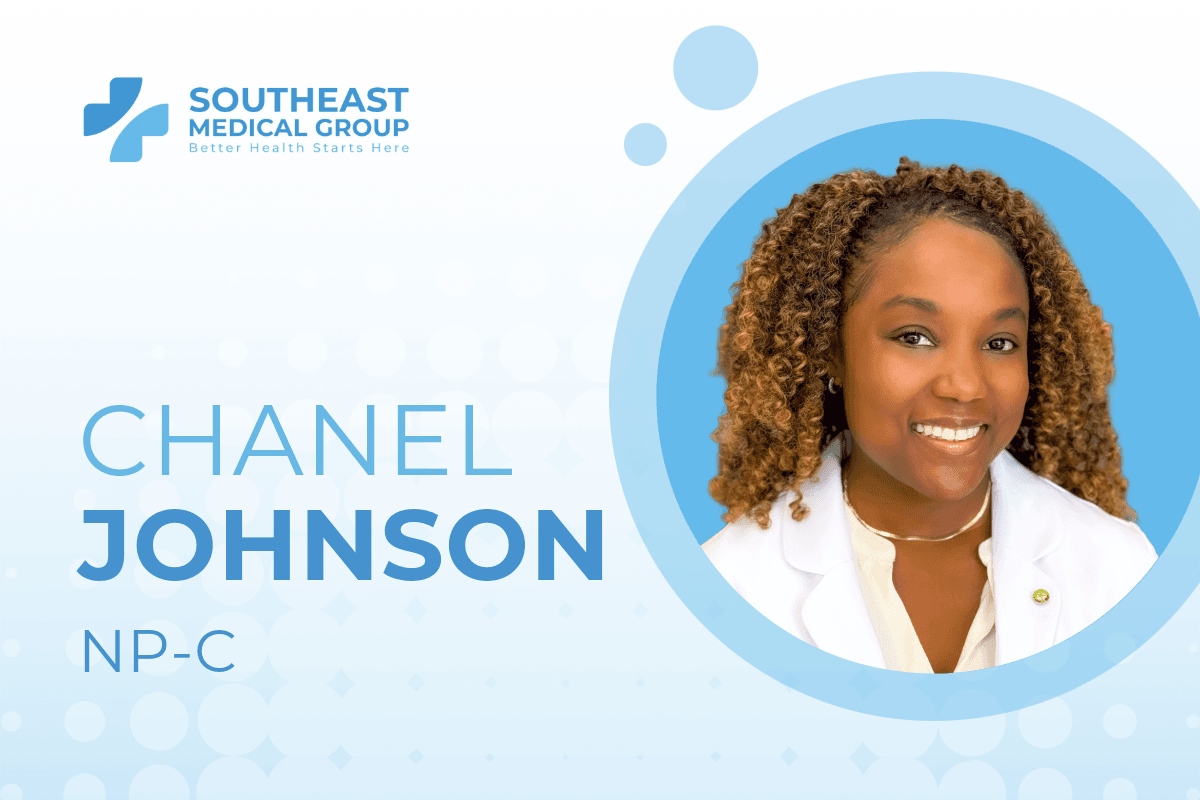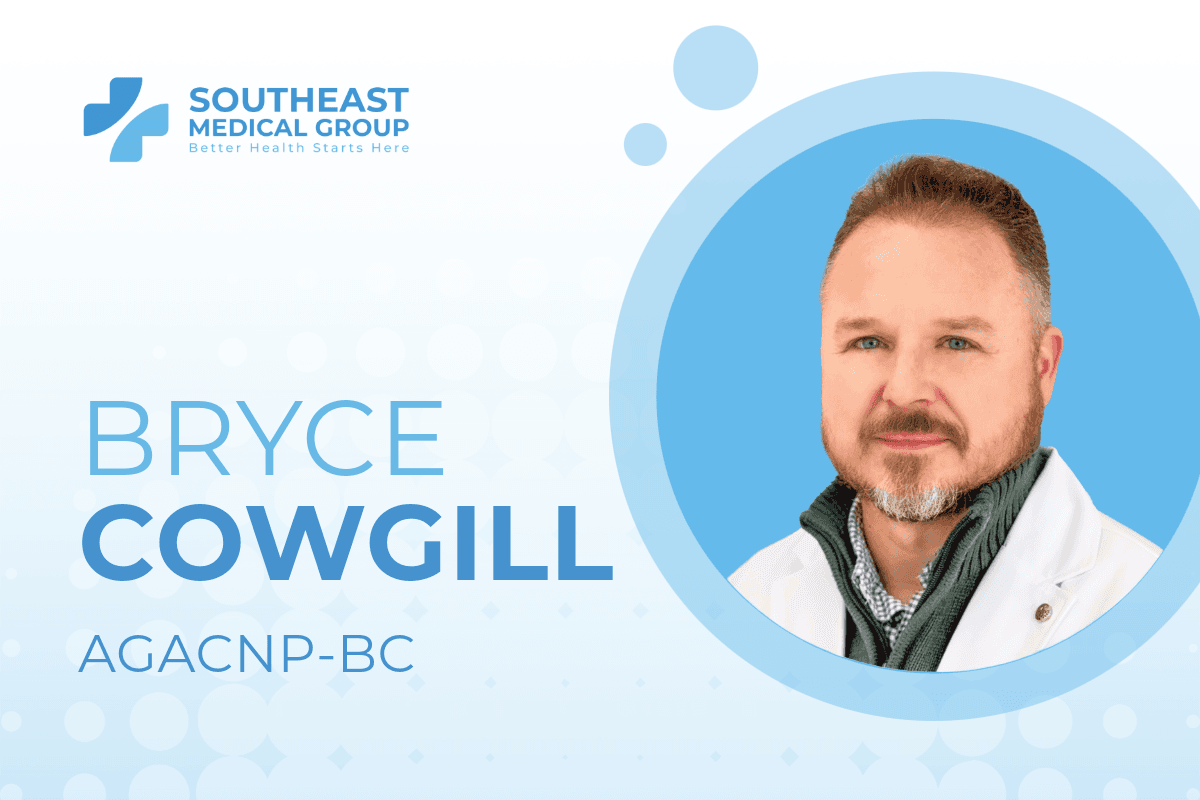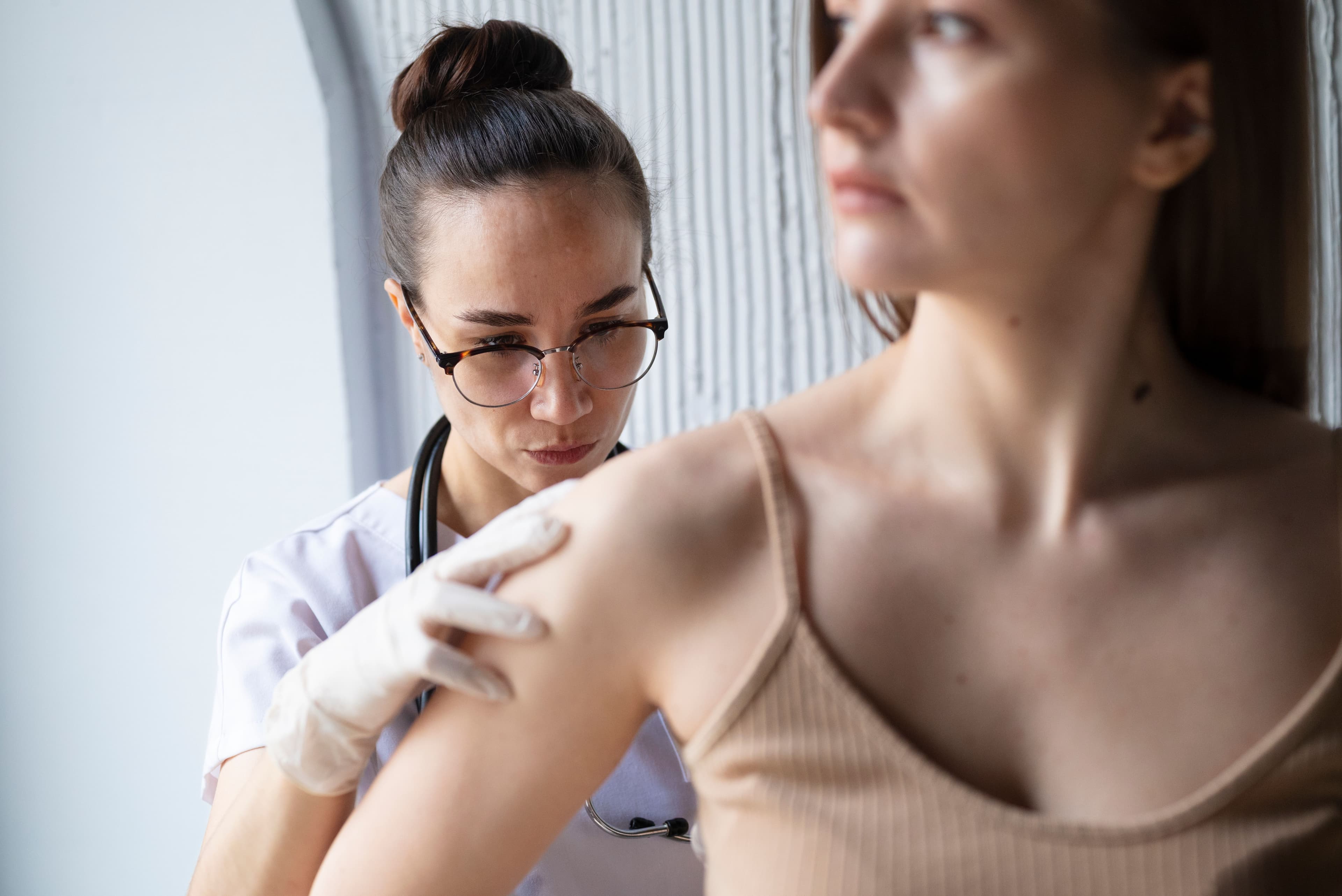Comprehensive Guide to Allergy Season Preparedness for Healthcare Professionals and Patients
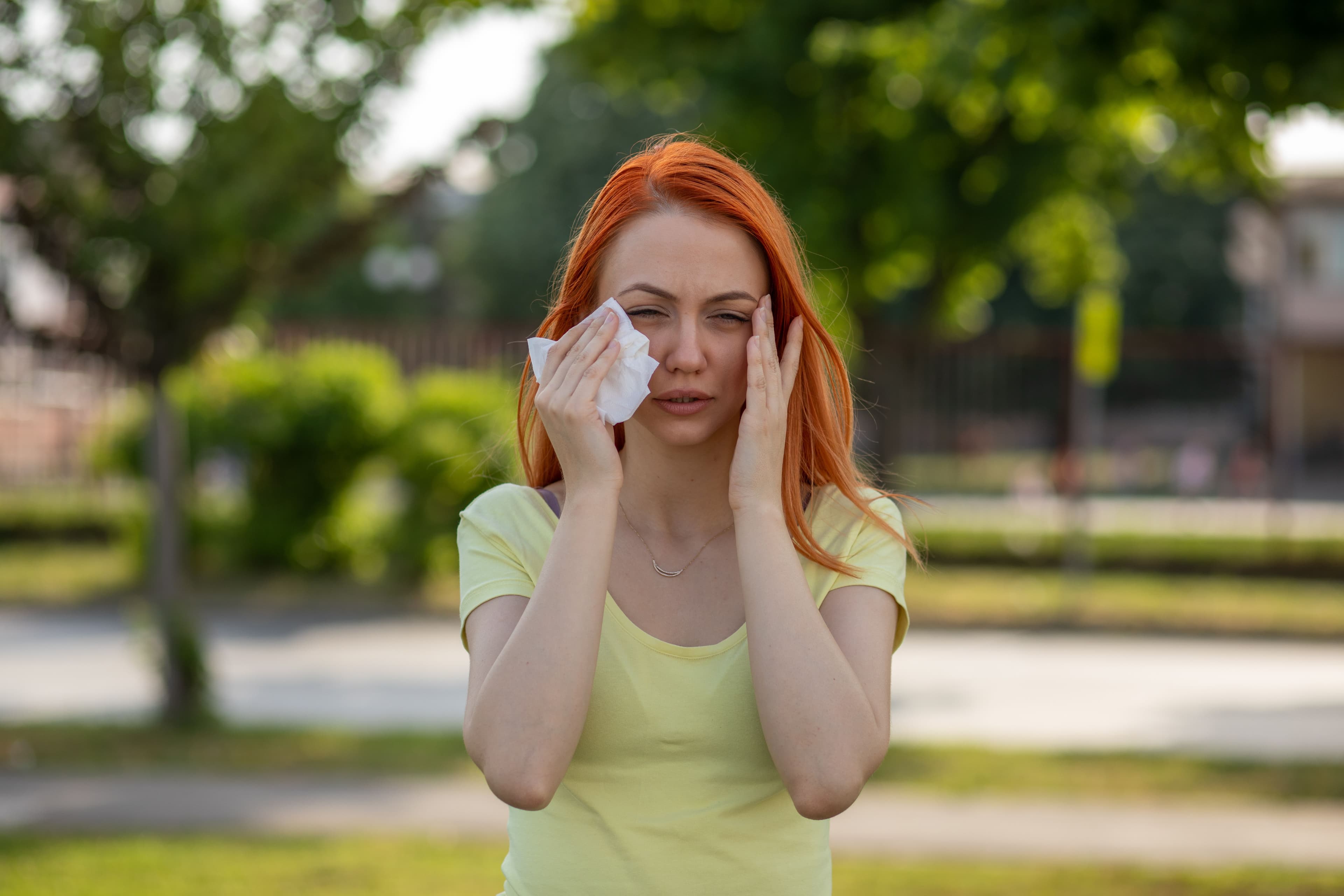
Prepare for the Allergy Season
It's that time of year again - the flowers are blooming, the birds are chirping, and for many of us, our noses are running and our eyes are itching. Yes, it's allergy season! But don't let those pesky allergens ruin your spring and summer. With a little preparation and know-how, you can minimize your symptoms and enjoy the beautiful weather.
Understanding Seasonal Allergies
Seasonal allergies, also known as hay fever or allergic rhinitis, affect millions of people worldwide. These allergies occur when your immune system overreacts to certain allergens in the environment, triggering symptoms like sneezing, runny nose, and itchy eyes.
Common Allergens
Pollen: One of the most common allergens, pollen is released by trees, grasses, and weeds during the spring and summer months.
Dust Mites: These tiny creatures thrive in warm, humid environments and can be found in bedding, carpets, and upholstered furniture.
Pet Dander: If you're allergic to pets, it's actually their dead skin cells (dander) that cause your symptoms, not their fur.
Symptoms of Seasonal Allergies
Seasonal allergy symptoms can range from mild to severe and may include:
Sneezing
Runny or stuffy nose
Itchy eyes, nose, and throat
Watery eyes
Coughing
Fatigue
Preventing Allergy Symptoms
The best way to deal with seasonal allergies is to prevent symptoms before they start. Here are some tips to help you reduce your exposure to allergens:
Cleaning Tips to Reduce Allergens
Vacuum Regularly: Use a vacuum with a HEPA filter to trap allergens and keep them from recirculating in the air.
Use HEPA Filters: Install HEPA filters in your home's heating and cooling systems to remove allergens from the air.
Dust Often: Wipe down surfaces with a damp cloth to remove dust and allergens.
Wash Bedding Weekly: Wash your bedding in hot water once a week to kill dust mites.
Lifestyle Changes
Stay Indoors During High Pollen Count: Check your local weather report for the pollen count and stay indoors when it's high.
Shower Before Bed: Washing your hair and body before bed can remove pollen and other allergens that may have accumulated on your skin and hair during the day.
Keep Windows Closed: Keep your windows closed during allergy season to prevent pollen from entering your home.
Avoid Outdoor Activities in the Morning: Pollen counts are highest in the early morning, so try to avoid outdoor activities during this time.
Treating Seasonal Allergies
If despite your best efforts, you still find yourself suffering from allergy symptoms, there are several treatment options available.
Over-the-Counter Medications
Antihistamines: These medications block histamine, a chemical released by your immune system during an allergic reaction. They can help relieve symptoms like sneezing, itching, and runny nose.
Decongestants: Decongestants can help relieve nasal congestion by shrinking swollen nasal passages.
Natural Remedies
Nasal Irrigation: Rinsing your nasal passages with saline solution can help flush out allergens and mucus.
Herbal Supplements: Some herbs, like butterbur and stinging nettle, have been shown to have antihistamine effects.
Local Honey: Eating local honey may help build up your immunity to local pollen (although the scientific evidence for this is limited).
When to See an Allergist
If your allergy symptoms are severe or don't respond to over-the-counter treatments, it may be time to see an allergist. An allergist can perform tests to determine exactly what you're allergic to and develop a personalized treatment plan.
Severe Symptoms
Seek medical attention immediately if you experience any of the following symptoms:
Difficulty breathing
Wheezing
Swelling of the throat or tongue
Dizziness or fainting
Allergy Testing
An allergist can perform skin or blood tests to determine what allergens you're reacting to. This information can help guide your treatment plan.
Conclusion
Seasonal allergies can be a real nuisance, but with the right prevention and treatment strategies, you can minimize your symptoms and enjoy the beautiful spring and summer weather. Remember to reduce your exposure to allergens, try over-the-counter medications or natural remedies, and see an allergist if your symptoms are severe. With a little preparation, you can stop and smell the roses (without sneezing!).
Frequently Asked Questions
Can I outgrow my seasonal allergies?
Are there any long-term effects of seasonal allergies?
Can I prevent my children from developing seasonal allergies?
How do I know if I have seasonal allergies or a cold?
Are there any foods I should avoid if I have seasonal allergies?
| Allergen | Symptoms | Preventive Measures | Treatment Options |
|---|---|---|---|
| Pollen | Sneezing, runny nose, itchy eyes | Stay indoors on high pollen days, use air purifiers | Antihistamines, nasal corticosteroids |
Understanding Allergies and Their Impact on Health
Allergies are among the most common chronic conditions worldwide, affecting millions of individuals. As healthcare providers, it's crucial to understand the various types of allergens, their peak seasons, and the impact they have on our patients' daily lives. Allergy season can significantly affect the quality of life, leading to missed workdays, school absences, and increased healthcare visits. By educating ourselves and our patients, we can better manage and mitigate the symptoms associated with this challenging time of the year.
Preparing Patients for Allergy Season
Preparation is key when it comes to allergy season. Healthcare professionals should start by educating patients on recognizing their allergy triggers and symptoms. This includes understanding the local pollen count, identifying indoor allergens, and taking proactive steps to minimize exposure. Patients should be encouraged to keep windows closed during high pollen days, use high-efficiency particulate air (HEPA) filters, and consider over-the-counter or prescription medications as recommended by their healthcare provider.
Innovative Treatments and Therapies
The field of allergy treatment is constantly evolving, with new therapies and medications becoming available. Sublingual immunotherapy, biologics, and other targeted treatments offer hope for those with severe allergic reactions. It's essential for healthcare professionals to stay informed about these advancements to provide the best care for their patients.
The Role of Technology in Allergy Management
Technology plays a significant role in managing allergies. From mobile apps that track pollen counts to telemedicine services that offer remote consultations, technology is making it easier for patients to manage their condition. Healthcare providers can leverage these tools to enhance patient care and support.
Conclusion
Allergy season requires a concerted effort from both healthcare professionals and patients. By staying informed, preparing in advance, and utilizing the latest treatments and technologies, we can help our patients navigate this season with greater ease and comfort.
